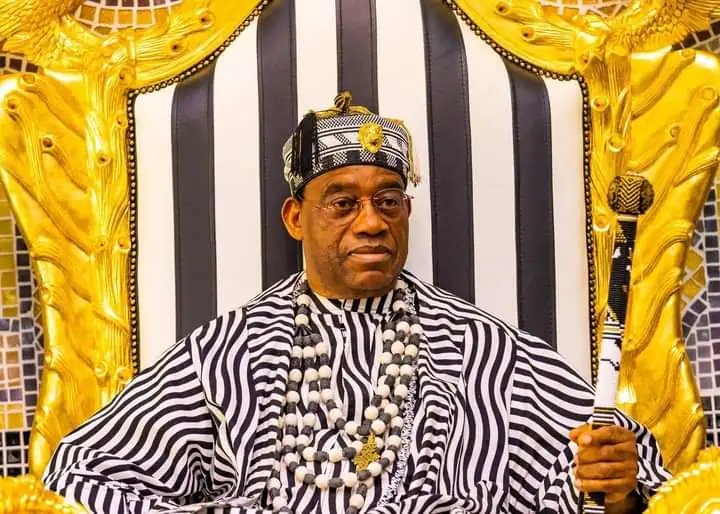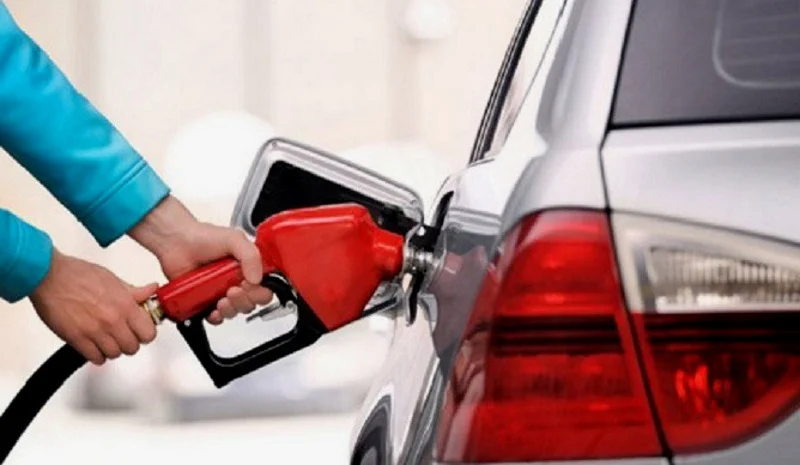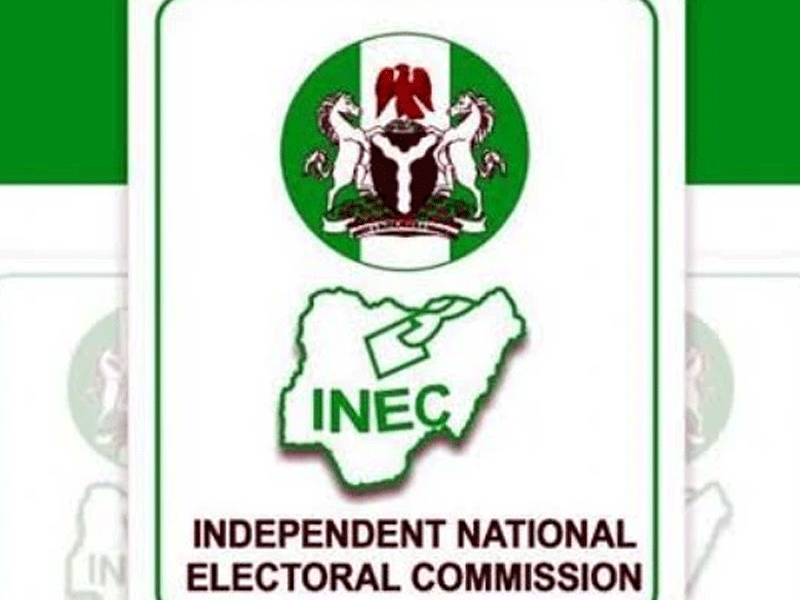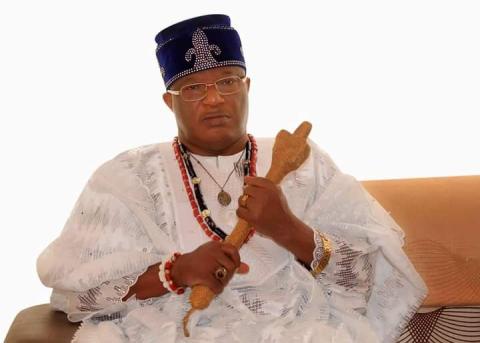
Breaking News: Unilorin Alumi Association: 'We were warned' - Opinion
Breaking News: Breaking: Court Restrains Oyo Assembly from Further Impeachment Process Against Makinde’s Deputy, Olaniyan
Breaking News: Labour leaders physically assault Ogun journalists for covering strike, harass hospital workers
Breaking News: Congratulations Asiwaju – Osinbajo’s spokesperson accepts defeat
Breaking News: Finalissima: Messi steals show, beats European Champion, Italy
The Senate, on Thursday, approved the $2.2 billion fresh loan request by President Bola Ahmed Tinubu.
The decision was sequel to the consideration and adoption of a report of the committee on local and foreign debts, chaired by Senator Aliyu Wamakko (Sokoto North).
With the approval, Nigeria’s total debt has now hit an all-time high to the tune of N136 trillion.
President Tinubu had written to the National Assembly requesting the Senate and House of Representatives to approve a fresh $2.2 billion as external borrowing plan in the 2024 Appropriation Act.
The President’s request was contained in a letter read by the Speaker of the House of Representatives, Tajudeen Abbas, and Senate President Godswill Akpabio, during separate plenaries on Tuesday.
Tinubu said the loan if approved would be used to part-finance the budget deficit of N9.7trillion for the 2024 budget.
The President’s request was transmitted to the Wamakko led committee for further legislative action.
The committee was directed to report back to the committee of the whole as soon as possible.
Recall that the Federal Executive Council (FEC) had earlier given its nod for the $2.2 billion external borrowing plan to “strengthen the country’s finances and support economic reforms.”
While presenting the report of the committee, Wamakko recommended the Senate to approve the request.
The red chamber therefore approved the request when it was put to voice vote by the Senate President Godswill Akpabio.
In the letter read during the Senate and House of Representatives plenaries on Tuesday, Tinubu had explained that the loan was integral to his administration’s fiscal strategy for the coming year.
“The Presidential request for $2.2 billion, equivalent to ₦1.77 trillion, is already enshrined in the external borrowing plan for the 2024 fiscal year,” Godswill Akpabio stated while reading the letter.
He further directed the Senate Committee on Local and Foreign Debts to expedite its review of the request and present a report within 24 hours.
“The Senate Committee on Local and Foreign Loans should, therefore, give the request expeditious consideration and report back within 24 hours,” Akpabio emphasised.
Nigeria’s total debt stood at N87.3 trillion when President Tinubu assumed office on May 29th, 2023.
By June 2024, the total public debt had hit N134 trillion, a whopping new borrowing totaling N46.7 trillion.
Nigeria recently achieved a milestone with its first-ever domestic dollar bond, which was oversubscribed by 180% in September.
Initially aiming to raise $500 million, the government finally secured $900 million in commitments which translate to N1.5 trillion new borrowing which is yet to reflect on the Debt Management Office dashboard.
When computed, in addition to the new request, the present total borrowing in 19 months since assuming power comes to over N50 trillion.
Nigeria’s debt servicing expenses reached N6.04 trillion in the first half of 2024, marking a sharp increase of 68.8 per cent from the N3.58 trillion recorded during the same period in 2023, the latest data from the Central Bank of Nigeria showed.
This sharp rise in debt service obligations, likely driven by naira devaluation for foreign debt repayments, reflects the growing burden on the government as debt repayment consumes a significant portion of its financial resources.
Nigeria’s debt composition in the first half of 2024 was made up of 53% domestic debt and 47% external debt.
Similarly, Nigeria’s debt to GDP ratio crossed 50% for the first time in 2024 as debt repayment in 2024 exceeds both recurrent and capital expenditure.
Debt servicing in 2025 will cost N15.38 trillion, while capital expenditure will receive N16.48 trillion.
By 2026, debt servicing is projected to increase by 0.9 per cent to N15.52 trillion, with capital expenditure dropping by 3.28 per cent to N15.94 trillion.
By 2027, the disparity will further widen as debt servicing climbs to 37.2 per cent of total spending, while capital expenditure accounts for 31.51 per cent.
Newsletter







We are not gonna make spamming
Copyright By @ HorizonTimes - 2026
BACK TO TOP